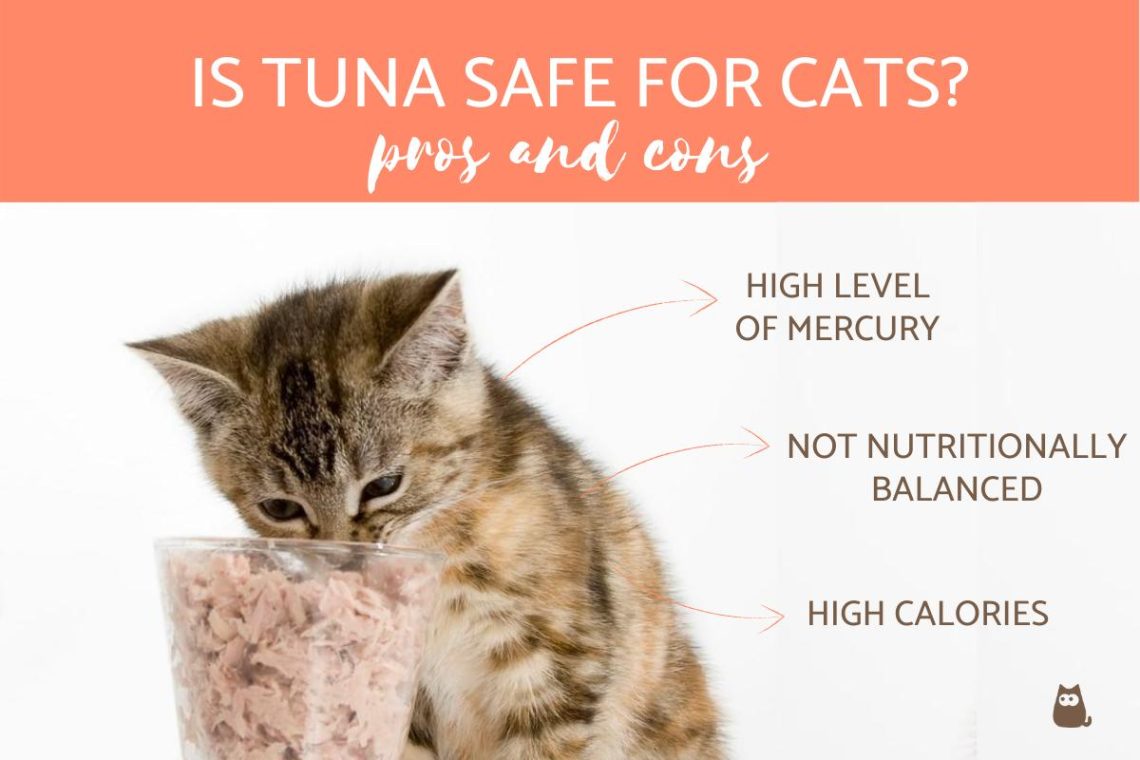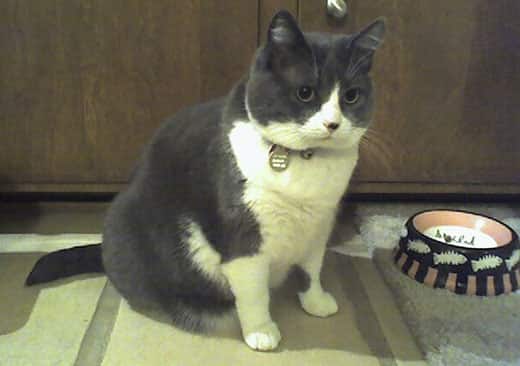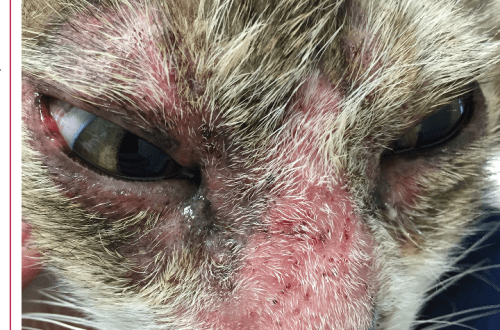
Tuna for cats: harm and benefit
There are countless stories about how cats love fish. But can cats eat canned tuna?
Hill’s experts have studied this issue and believe that it is better not to offer canned tuna to a cat..
Contents
Can cats eat tuna
Tuna is very attractive to cats. They like the strong smell and bright taste of this fish, and a spoonful of such a treat, as you know, can make life much easier when you need to give your pet medicine.
However, although tuna is not on the list of toxic foods for cats, it can lead to certain health problems in them. Even if nothing bad happens from one small piece, it is better to completely exclude it from the cat’s diet.
Tuna for cats: how it affects nutrition
A properly balanced cat diet should include proteins, essential fatty acids, vitamins, minerals and other nutrients. If a cat receives too little or too much of some nutrients, it may develop health problems.
By itself, tuna is not balanced in terms of nutritional content and should not become the main source of nutrition for a cat.
If, after eating some tuna, your pet starts behaving somewhat unusually, it is best to take him to the veterinarian for a preventive appointment. He will examine the cat and make sure that nothing threatens her.
Why Cats That Eat Tuna May Gain Weight
Most pets lead a sedentary lifestyle, so their daily calorie requirement is not very high. This means that the cat can gain weight quite quickly. According to the recommendations of the World Small Animal Veterinary Association, a 5 kg cat should consume 290 calories per day.
 If we translate human food into cat calories, it is easy to see that foods intended for humans are too high in calories for our furry friends. A couple of tablespoons of canned tuna in its own juice contains nearly 100 calories. This is more than a third of the recommended daily calorie intake for many cats.
If we translate human food into cat calories, it is easy to see that foods intended for humans are too high in calories for our furry friends. A couple of tablespoons of canned tuna in its own juice contains nearly 100 calories. This is more than a third of the recommended daily calorie intake for many cats.
Excess consumption of tuna can lead to a significant increase in the animal’s weight, especially if fed with this fish in addition to the usual food. Just like in humans, obesity in cats contributes to the development of diabetes, urinary tract disease, arthritis and various inflammations, according to the Cummings Center for Veterinary Medicine at Tufts University.
When looking after your cat’s health, you need to pay special attention to the food he eats. As the Association of American Feed Control Officials explains, more and more manufacturers are now listing calorie information on their food labels. This makes it easier for owners to determine how many calories their pet is consuming each day. This useful information allows you to make more informed decisions about your cat’s nutrition, which contributes to the health of the cat.
Tuna fillet for cats: is it suitable for all pets
Cats are allergic to fish. The Merck Veterinary Manual lists fish as a major food allergen, noting that common symptoms of an allergic reaction are itching, hair loss, redness or swelling of the skin, and the appearance of red bumps. Cats with food allergies may also experience vomiting, diarrhea, flatulence, and loss of appetite when ingesting an ingredient to which their body is sensitive. If an animal exhibits any of these symptoms, a veterinarian should be called immediately to determine the cause and develop a treatment plan.
So, can cats eat tuna? This fish is not nutritionally balanced, so it should not be given to pets as a staple in their diet. Even as a treat, canned tuna can cause health problems for them, especially if given frequently or in large quantities.
In order for the fluffy beauty to get the balanced nutrition she needs, without excess calories and toxic metals, it is better to choose healthy cat food, where tuna is used in a way that allows not only to satisfy the nutritional needs of the cat, but also to “please” her taste buds.
See also:
How to Read Pet Food Labels Festive Plants That Can Be Dangerous for Cats Cats and Sweets: A Safe Halloween for Your Cat How to properly feed and treat your cat





